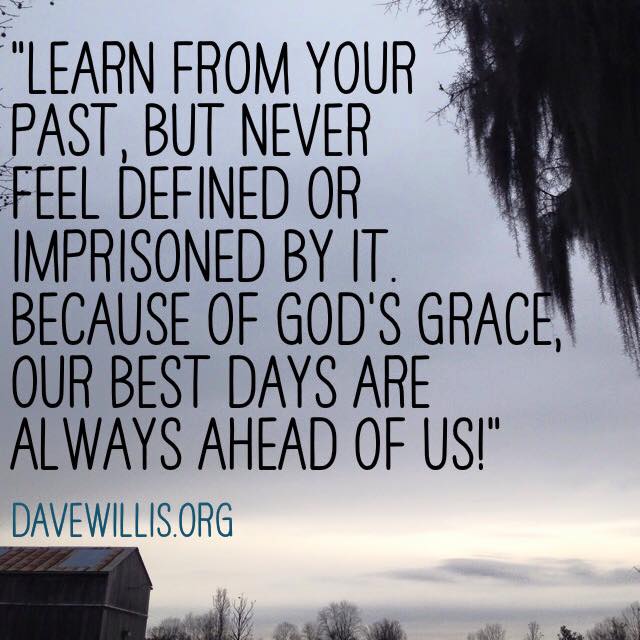Common Body Language Mistakes That Destroy Relationships
Your words may say you’re crazy about your spouse, but your body language may be sabotaging your love life without you even knowing.
Body language says a lot about you, your relationship, and how you feel about your partner. Research suggests that negative body language is easier to pick up on than positive.
The Frontiers in Psychology Journal suggests that positive emotions require stronger signals than negative ones when it comes to nonverbal flirtation. Basically, if you want to use body language to your benefit, be a little more obvious about it.
Since negative body language is so easy to pick up on, it’s easy to see how body language mistakes can throw a lasso around your love life.
Are you sending the right message to your partner? Keep reading to find out if you’ve been making body language mistakes that are hurting your chances at love.
Not making eye-contact.
Eyes are the window to the soul – or so the saying goes.
Studies show that when you make eye-contact with someone, you start to
build emotional intimacy. It creates chemistry with your partner and contributes to a happier relationship.
When you fail to maintain eye-contact with your spouse, they may start to think that you are:
· Uninterested in the relationship
· Socially awkward
· Hiding something
You don’t want your partner thinking any of these things about you. Endeavor to hold your spouse’s eye-contact, especially when they are speaking with you. Doing so will:
· Create a sense of intimacy
· Appear more personable
· Improve concentration
· Validate your spouse
· Create a sense of confidence
When you maintain eye contact with your partner, you strengthen your connection, so start practicing this good habit today.
Smiling at someone.
“How can smiling destroy my relationship?” you may wonder. “Isn’t smiling the happiest expression you can do?”
You’re absolutely right. Smiling is a fantastic way to indicate that you’re happy and show your partner that you adore their company. But, if you’re a bit of a flirt, smiling at the wrong person might land you in hot water with your spouse.
When it comes to nonverbal flirtation, research done by the Association for Behavior Analysis International puts smiling in the same flirty category as eye contact, laughter, and physical touch (Wade, J., June 6, 2018, (I Think) You Are Pretty: A Behavior Analytic Conceptualization of Flirtation).
Many people in committed relationships flirt harmlessly with others, but that doesn’t mean flirting can’t destroy your relationship. Constant flirting, especially when done in front of your spouse, can lead to low self-esteem and make your partner question your loyalty.
Obsessed with your phone.
Do you check your phone when your spouse is trying to talk to you?
Statistics show that 85 percent of smartphone users check their devices while speaking to loved ones (bankmycell.com, 2020). Why does this matter? Because your phone helps play a role in your relationship-destroying body language. Research indicates that such behavior contributes to lower relationship satisfaction (Roberts, J., Davis, M., January 2016, Computers in Human Behavior).
How you behave with your phone while around your crush says a lot about your relationship. Even if you don’t mean anything by scrolling and swiping, playing on your phone may suggest to your partner that you have a lack of love and empathy for them.
Do your relationship a favor and throw your phone on silent when you’re talking to your spouse. It will do wonders for your love life.
Being a ‘close-talker.’
Being a close-talker is one of the quickest ways to end the first date fast.
Close-talking is no different than what it sounds – someone who stands way too close to you when they’re talking.
This body language suggests that you don’t respect your partner’s personal space and that you’re quick to dismiss boundaries.
Body language aside, close-talking is awkward and gross. There is nothing more off-putting than seeing saliva coming at you while someone is talking to you.
Confident or cocky? Keep your chin up!
Walking and talking with your chin up have long been a sign of confidence.
Confidence is great, especially when it comes to relationships. When you’re confident, it means you know what you want, and you aren’t afraid to go after it. Confidence allows you to date with ease, to embrace adventure, and is a part of self-love.
However, walking and talking with your chin up may also be a sign that you’re a little too cocky for your own good.
Be careful that your tricky chin doesn’t convey arrogance or defiance when you’re trying to create a romantic connection. Nobody likes being looked down on.
Saying one thing but meaning another.
Do you have a habit of lying?
If so, it may be a quality that will doom your relationship.
Studies show that trust is important to a happy marriage. Couples who trust each other enjoy more joyful, more fulfilling relationships.
That being said, research shows that once
trust is broken, it becomes extremely difficult to mend.
You may not be a liar, but your body language may be telling a different story. For example, if you say ‘Yes’ while shaking your head ‘No,’ it could indicate to your partner that you’re untruthful.
Crossing your arms.
Crossing your arms is a big no-no in the world of romance as it indicates that you are closed off to other people.
Having a closed body is a nonverbal way of protecting or distancing yourself from others. After all, with closed arms, you can’t hug, hold hands, or embrace.
Romance aside, crossing your arms also indicates hostility or anger and could put your partner on edge.
How you present yourself matters, so be aware of how your body language comes across to other people – especially those you love.
Avoiding eye-contact, obsessing over your phone, and not respecting your partner’s personal space can be a major turn off. Whether you’ve just started dating someone and want to make the right impression or have been with someone for years, avoid making the common body language mistakes as mentioned above.
‘Some say that you’re a Christian, so you shouldn’t feel depressed. But I guess, they haven’t read the Psalms in depth’


